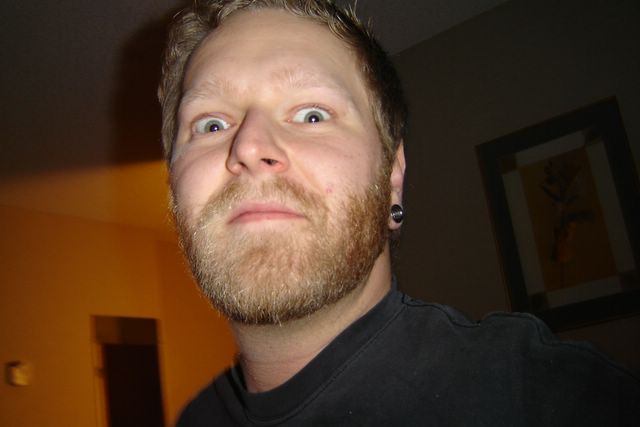Yet Another Sad Day in America
Supreme Court outlaws use of marijuana for medical reasons
Monday, June 6, 2005 Posted: 10:40 AM EDT
Federal authorities may prosecute sick people who smoke pot on doctors' orders, the Supreme Court ruled Monday, concluding that state medical marijuana laws don't protect users from a federal ban on the drug.
The decision is a stinging defeat for marijuana advocates who had successfully pushed 10 states to allow the drug's use to treat various illnesses.
Justice John Paul Stevens, writing the 6-3 decision, said that Congress could change the law to allow medical use of marijuana.
The closely watched case was an appeal by the Bush administration in a case that it lost in late 2003. At issue was whether the prosecution of medical marijuana users under the federal Controlled Substances Act was constitutional.
Under the Constitution, Congress may pass laws regulating a state's economic activity so long as it involves "interstate commerce" that crosses state borders. The California marijuana in question was homegrown, distributed to patients without charge and without crossing state lines.
Stevens said there are other legal options for patients, "but perhaps even more important than these legal avenues is the democratic process, in which the voices of voters allied with these respondents may one day be heard in the halls of Congress."
California's medical marijuana law, passed by voters in 1996, allows people to grow, smoke or obtain marijuana for medical needs with a doctor's recommendation. Alaska, Colorado, Hawaii, Maine, Montana, Nevada, Oregon, Vermont and Washington state have laws similar to California.
In those states, doctors generally can give written or oral recommendations on marijuana to patients with cancer, HIV and other serious illnesses.
Find this article
Monday, June 6, 2005 Posted: 10:40 AM EDT
Federal authorities may prosecute sick people who smoke pot on doctors' orders, the Supreme Court ruled Monday, concluding that state medical marijuana laws don't protect users from a federal ban on the drug.
The decision is a stinging defeat for marijuana advocates who had successfully pushed 10 states to allow the drug's use to treat various illnesses.
Justice John Paul Stevens, writing the 6-3 decision, said that Congress could change the law to allow medical use of marijuana.
The closely watched case was an appeal by the Bush administration in a case that it lost in late 2003. At issue was whether the prosecution of medical marijuana users under the federal Controlled Substances Act was constitutional.
Under the Constitution, Congress may pass laws regulating a state's economic activity so long as it involves "interstate commerce" that crosses state borders. The California marijuana in question was homegrown, distributed to patients without charge and without crossing state lines.
Stevens said there are other legal options for patients, "but perhaps even more important than these legal avenues is the democratic process, in which the voices of voters allied with these respondents may one day be heard in the halls of Congress."
California's medical marijuana law, passed by voters in 1996, allows people to grow, smoke or obtain marijuana for medical needs with a doctor's recommendation. Alaska, Colorado, Hawaii, Maine, Montana, Nevada, Oregon, Vermont and Washington state have laws similar to California.
In those states, doctors generally can give written or oral recommendations on marijuana to patients with cancer, HIV and other serious illnesses.
Find this article


0 Comments:
Post a Comment
<< Home